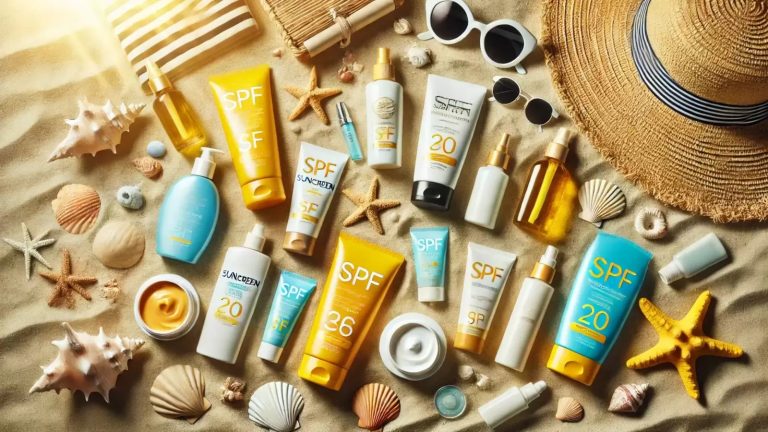Last week, Honasa Consumer moved Delhi High Court against its much bigger rival, Hindustan Unilever (HUL). The reason: sunscreens. Honasa has taken issue with HUL’s latest ads, which it claims ‘disparage’ its own sunscreen sold under The Derma Co. Mint explains.
What is Honasa complaint against HUL?
HUL’s latest ads for Lakmé sunscreen are focused on the high protection it offers with SPF 50. However, it also compares the product with a generic looking yellow bottle of rival sunscreen which, the ad says, only delivers SPF 20 while claiming to have SPF 50. Honasa Consumer says this generic yellow bottle, labeled “online bestseller”, looks just like its own sunscreen brand The Derma Co. In its petition to the Delhi High Court, Honasa said that The Derma Co’s sunscreen is consistently ranked an Amazon Bestseller. What’s more, HUL labelled the ad a ‘SPF Lie Detector Test, implying that its rival is lying about its advertised benefits.
Also Read | Mint Primer | A good monsoon will be great for India. Here’s why
What is the big deal about the ads’ claims?
SPF or Sun Protection Factor measures sunscreen efficacy. In general, higher SPF means better protection from the harmful effects of sunlight and UV radiation. In its latest ads, Lakmé casts doubts not only on the actual SPF of its rival sunscreens, but also on the method with which it is calculated. Lakmé claims its sunscreen is ‘in vivo’ tested, meaning the product’s efficiency is checked on actual skin. This is the gold standard of skincare testing. In court, HUL claimed that when it tested The Derma Co’s sunscreen in vivo, it was found to have an SPF of only 20.
So what happens now?
The Delhi High Court will continue hearing the case. In the meantime, it has ordered HUL to change any reference to The Derma Co in its ads and take down existing billboards. HUL also sued Honasa’s founder Ghazal Alagh in the Bombay High Court for her social media post defending her products and mockingly welcoming Lakmé to the “in vivo tested SPF50 club”. She later deleted her post.
Are brands allowed to ‘disparage’ each other?
It depends. Taking potshots at your rival is an established advertising tactic. In the past, HUL has sued other rival brands for ads that run down its own products. In 2022, it sued German soap brand Sebamed for ads that claimed HUL’s Dove was not as good for the skin as it claimed. In 2017, it also sued dairy giant Amul for running ads that claimed that HUL’s Kwality Walls wasn’t ‘real’ ice cream but frozen dessert, made from hydrogenated vegetable oil. In these and other cases, India’s courts have repeatedly ruled that comparative advertising is legal.
So where do these ads cross the line?
Comparing yourself to a rival is okay, as long as the comparisons are factual and backed by evidence. Anything else can be considered ‘disparaging’. In this battle of sunscreens, HUL submitted a lab test report in court to prove that The Derma Co’s sunscreen has only SPF20. However, advocates for Honasa said the report was ‘incomplete’ and submitted a rival report that backed its claim that The Derma Co’s sunscreen had SPF50. As the hearing continues, this evidence will be crucial in deciding if Lakmé’s ads were factual or merely dragging down its rival.



